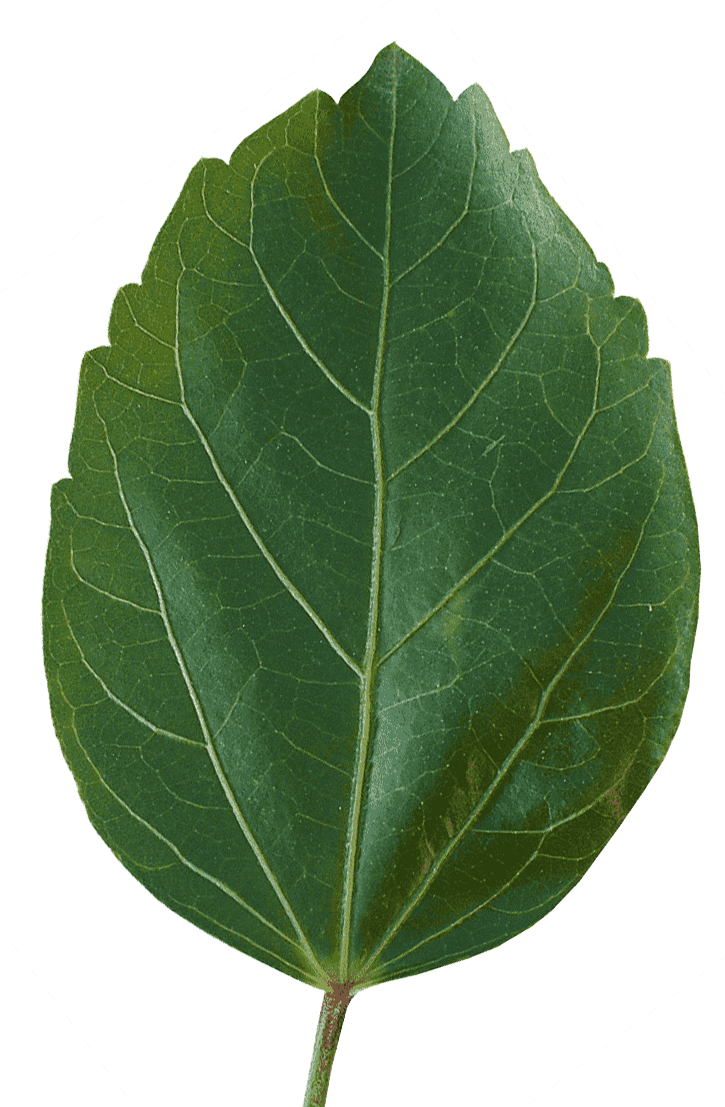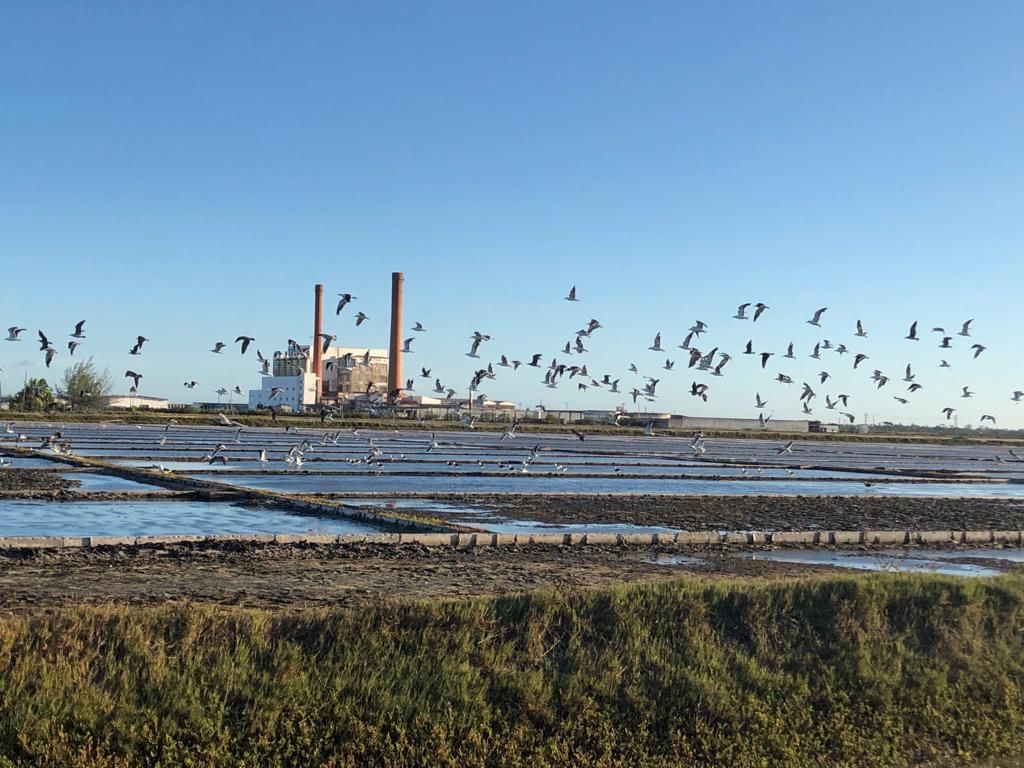NOSSO COMPROMISSO É COM A VIDA!
Diariamente o Sal Cisne faz parte da vida de milhões de brasileiros. Trabalhamos para que essa presença faça a diferença,
melhorando verdadeiramente a vida das pessoas e contribuindo para a construção de um mundo melhor para as futuras gerações.
CONHEÇA NOSSOS PROJETOS
A REFINARIA NACIONAL DE SAL E O PROJETO BORBOLETA AZUL
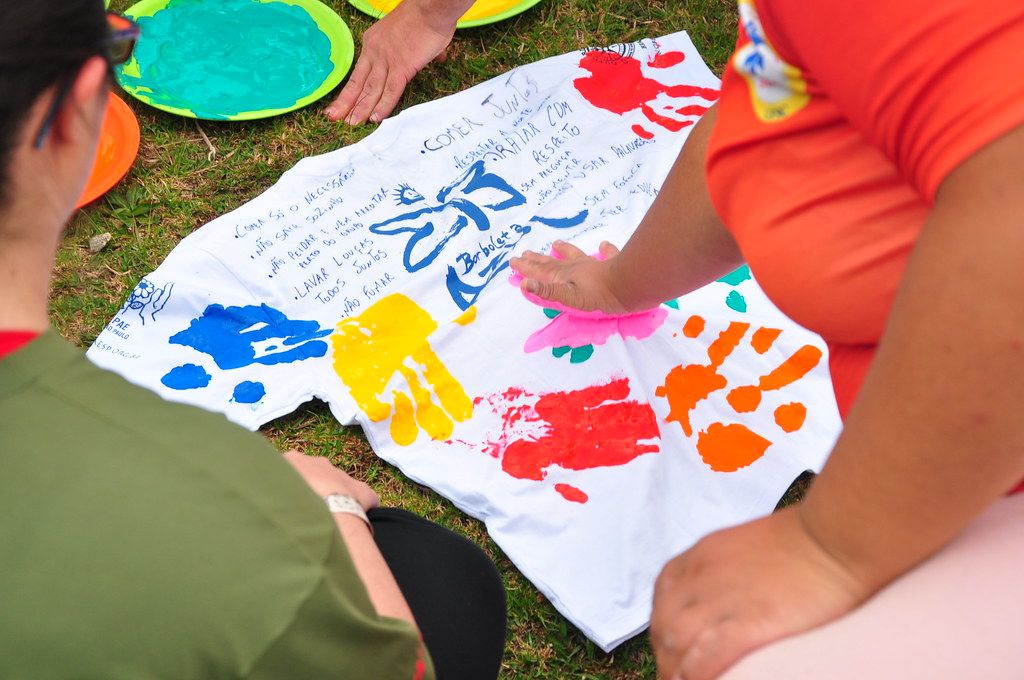
“Acredito que a educação experiencial na natureza é um dos melhores, se não for o melhor, caminhos para se formar pessoas”
Guilherme Barretto Giorgi – CEO Refinaria Nacional de Sal
Há 9 anos temos patrocinado um programa da APAE-SP,
coordenado pela Outwardbound Brasil, com o objetivo de
preparar alunos da APAE para ingressar no mercado de trabalho.
COMO FUNCIONA?
São atividades preparatórias desenvolvidas na instituição com encontro prévio em um parque urbano próximo, e um curso no formato expedição em área remota na região de Campos do Jordão, durante 4 dias e 3 noites.
Em campo são desenvolvidas atividades desafiadoras para os jovens que poucas vezes tiveram alguma experiência longe do núcleo familiar. As atividades permitem que o indivíduo saia da sua zona de conforto e passe a acreditar que ele pode muito mais do que pensava que podia. Ele passa a lidar melhor com seus medos.
OS PARTICIPANTES SE APROPRIAM DOS ENSINAMENTOS DA EXPEDIÇÃO EM SUAS ROTINAS DIÁRIAS, GANHANDO AUTONOMIA E CONFIANÇA PARA SUPERAR SEUS PRÓPRIOS DESAFIOS.
ASSISTA O CURTA SOBRE O PROJETO, PREMIADO NO
FESTIVAL DE CINEMA DE CAMPOS DO JORDÃO
CONTRIBUIMOS COM A CIDADE QUE É A NOSSA CASA!
Nascemos, crescemos e nos estabelecemos em Cabo Frio. Somos conscientes da nossa importância social e econômica para a cidade e região. Somos responsáveis por 23% das receitas diretas de Cabo Frio.
Guiamos nossas ações visando contribuir com quem está próximo, para crescermos juntos!
- Geramos 421 empregos diretos
- Mais de uma década oferecendo cursos profissionalizantes, são 290 jovens já formados.
PARCERIA COM O SESI: CAMPANHA CIDADANIA NO COMBATE A FOME
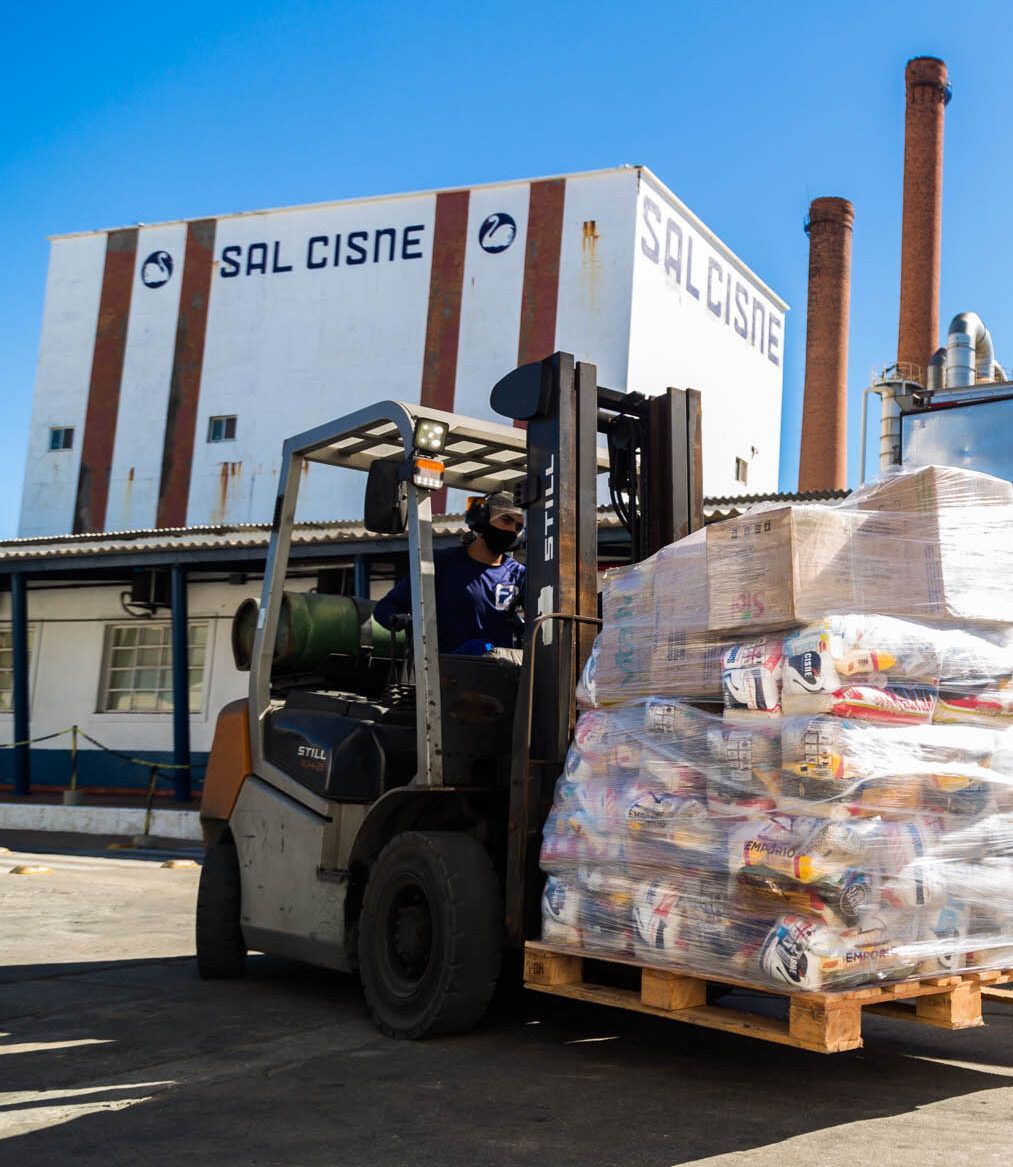
Créditos: Mariana Ricci/Firjan
GESTÃO AMBIENTAL
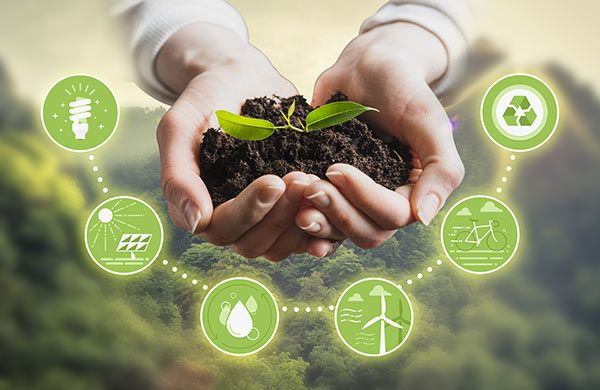
UMA VISÃO FOCADA NA SUSTENTABILIDADE AMBIENTAL
USO CONSCIENTE
DA ÁGUA
A questão do consumo de água era um ponto muito importante a ser considerado no projeto de construção da nova planta, já que estamos localizados em uma região de escassez hídrica, cujo fornecimento de água é caro e intermitente. Nosso consumo anual de 80 milhões de litros poderia impactar o fornecimento para a sociedade local.
Com a implantação da nova fábrica em 2011, o novo processo de fabricação reduziu em 90% o consumo de água. Passamos a reutilizar a água de maneira desmineralizada nas caldeiras e em todos os demais pontos de consumo da fábrica, como banheiros e vestiários.
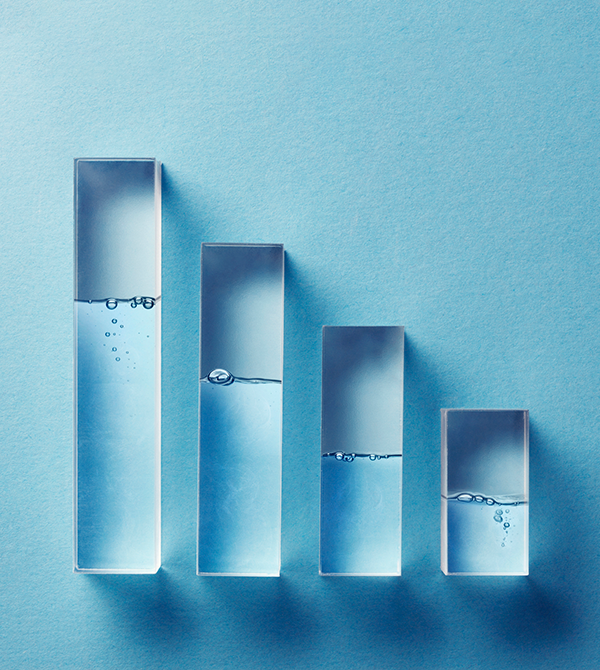
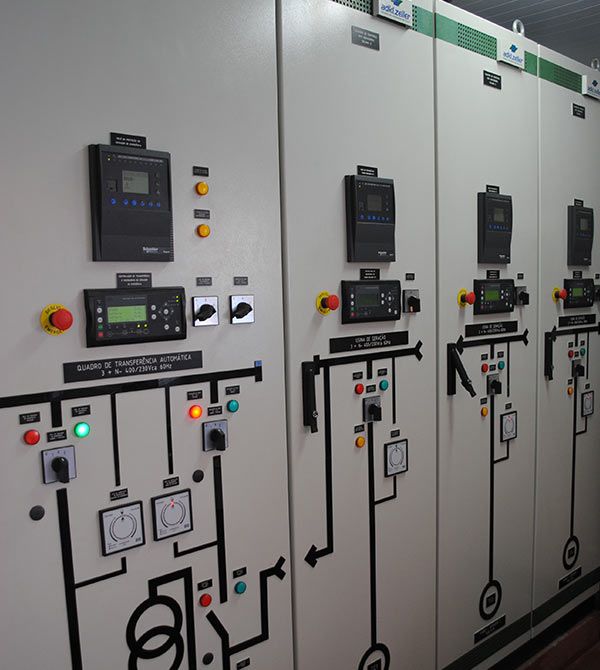
AUTOSSUFIÊNCIA NA GERAÇÃO DE ENERGIA ELÉTRICA E ECONOMIA DE GÁS NATURAL
Nossa busca por um processo produtivo mais eficiente não se limitou à economia no consumo de água.
Geramos 90% da energia elétrica necessária à operação da planta e utilizamos matriz energética com baixo impacto ambiental. O novo processo de fabricação, mais eficiente, trouxe uma economia de 51% no consumo de gás natural.
RECICLAGEM DE EMBALAGENS PLÁSTICAS – SELO EU RECICLO
Nossa preocupação com o meio ambiente e com a geração de lixo plástico nos levou a estabelecer a parceria com o projeto ”Eu reciclo”.
O selo do projeto “Eu reciclo” garante que nossa marca investe no desenvolvimento da cadeia de reciclagem, através da compensação ambiental das nossas embalagens.
O QUE É O SELO “EU RECICLO?
O selo “Eu reciclo” certifica a logística reversa de embalagens pós-consumo, através de uma plataforma de rastreamento de notas fiscais emitidas por cooperativas e operadores de reciclagem parceiros. Além disso, por meio do conceito de compensação ambiental, ele garante que as marcas que o carregam destinam recursos para o desenvolvimento da cadeia de reciclagem, estabelecendo-se como uma solução para a Política Nacional de Resíduos Sólidos, que determina a meta de 22% de logística reversa das embalagens geradas pelas empresas.
NÓS FAZEMOS A NOSSA PARTE, FAÇA A SUA TAMBÉM COMPRANDO DE EMPRESAS QUE INVESTEM EM RECICLAGEM!
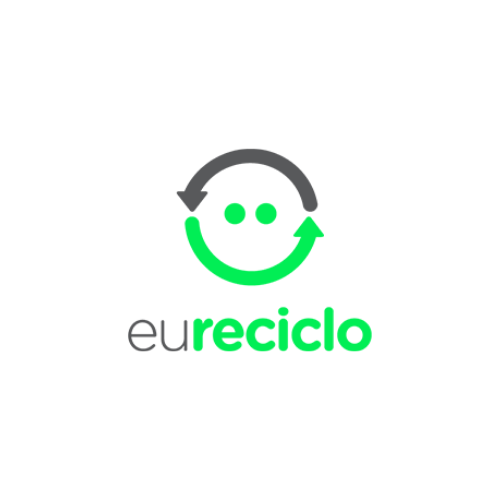
PROGRAMA DE APRENDIZAGEM INDUSTRIAL
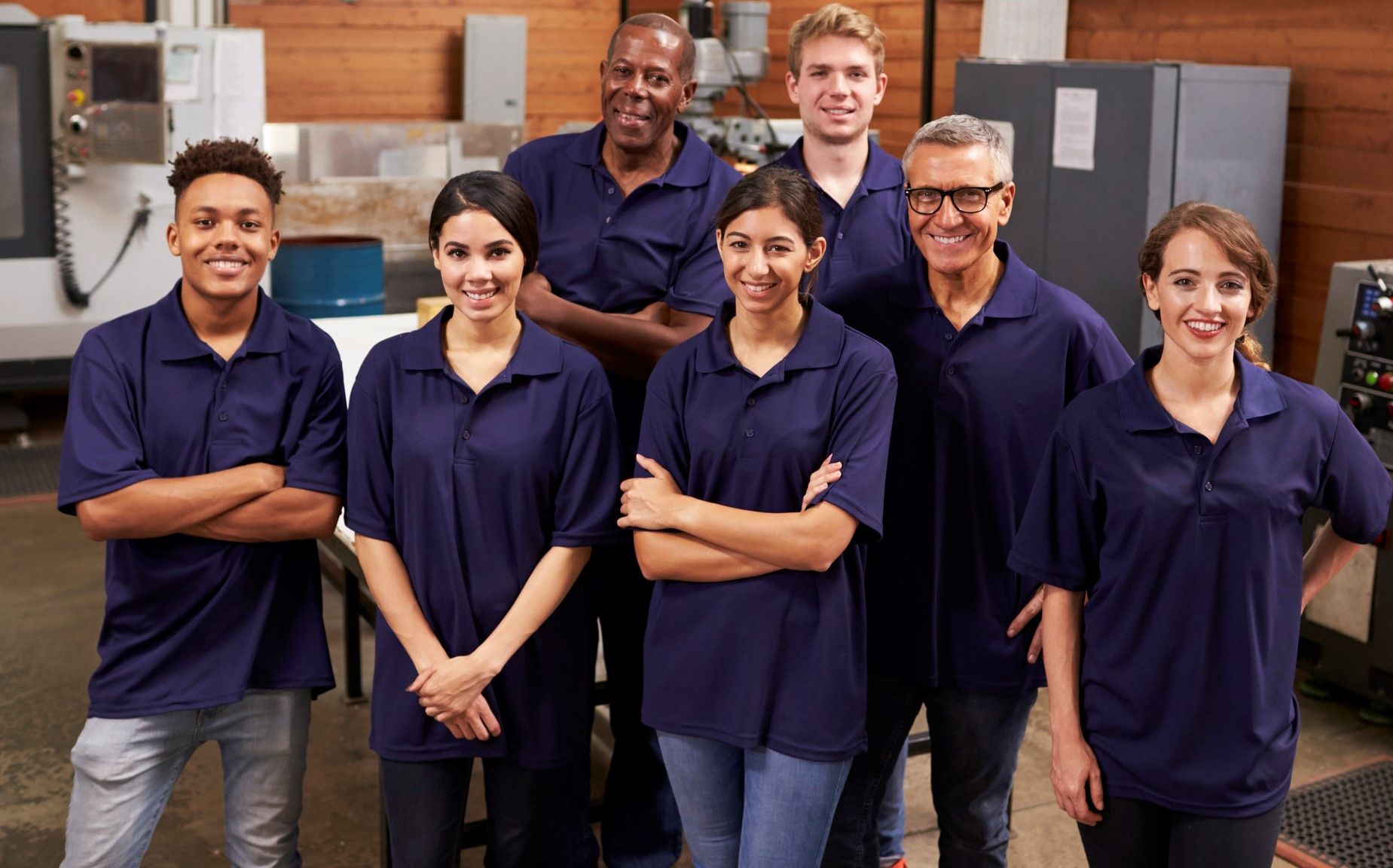
ESCOLA SESI/SENAI
Em parceria com o SESI/SENAI, criamos dentro das instalações da fábrica um Programa de Aprendizagem Industrial para oferecer formação técnica na área de manutenção. Anualmente são oferecidas 20 novas vagas com carga horária de 20 horas semanais, e o curso tem duração total de 13 meses.
Com 290 jovens já formados, essa iniciativa tem contribuído para a qualificação da mão de obra local, gerando novas oportunidades de trabalho e melhoria nas condições socioeconômicas de muitas famílias.
ESCOLA LUIZ LINDEMBERG
Pelo empenho em educar os filhos de seus funcionários e de evitar o uso de produtos fabricados com o uso de mão de obra infantil, a Refinaria Nacional de Sal S.A. recebeu, em Novembro de 1998, o diploma de Empresa Amiga da Criança emitido pela Fundação ABRINQ Pelos Direitos da Criança.
A Refinaria Nacional de Sal acredita que seus funcionários constituem a parte mais importante de seu patrimônio.
Com o objetivo de zelar pelo bem-estar social, ela criou, em 1968, o Grêmio Recreativo e Cultural 1º de maio. O Grêmio iniciou suas atividades com um curso de alfabetização para os funcionários, mas logo passou a ensinar seus filhos. Era o início da Escola Luís Lindenberg, batizada com o nome do precursor da indústria salineira em Cabo Frio.
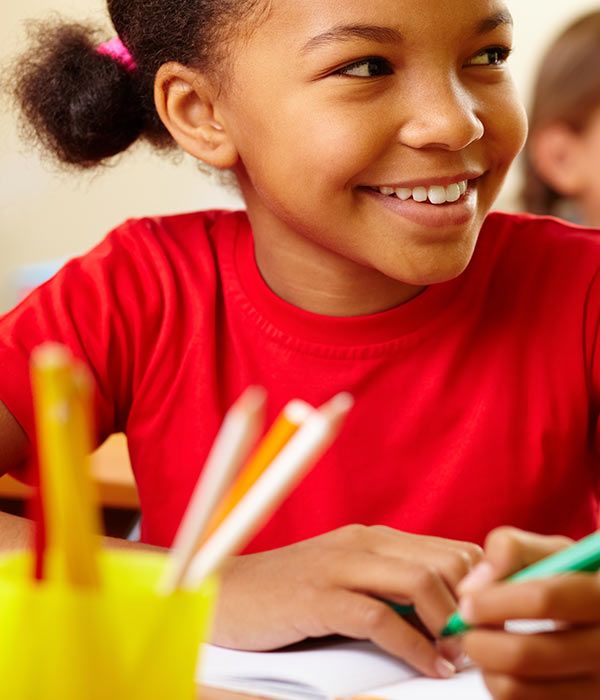
Menu
SIGN UP FOR OUR NEWSLETTER
© Sal Cisne. Todos os Direitos Reservados. By Next4

